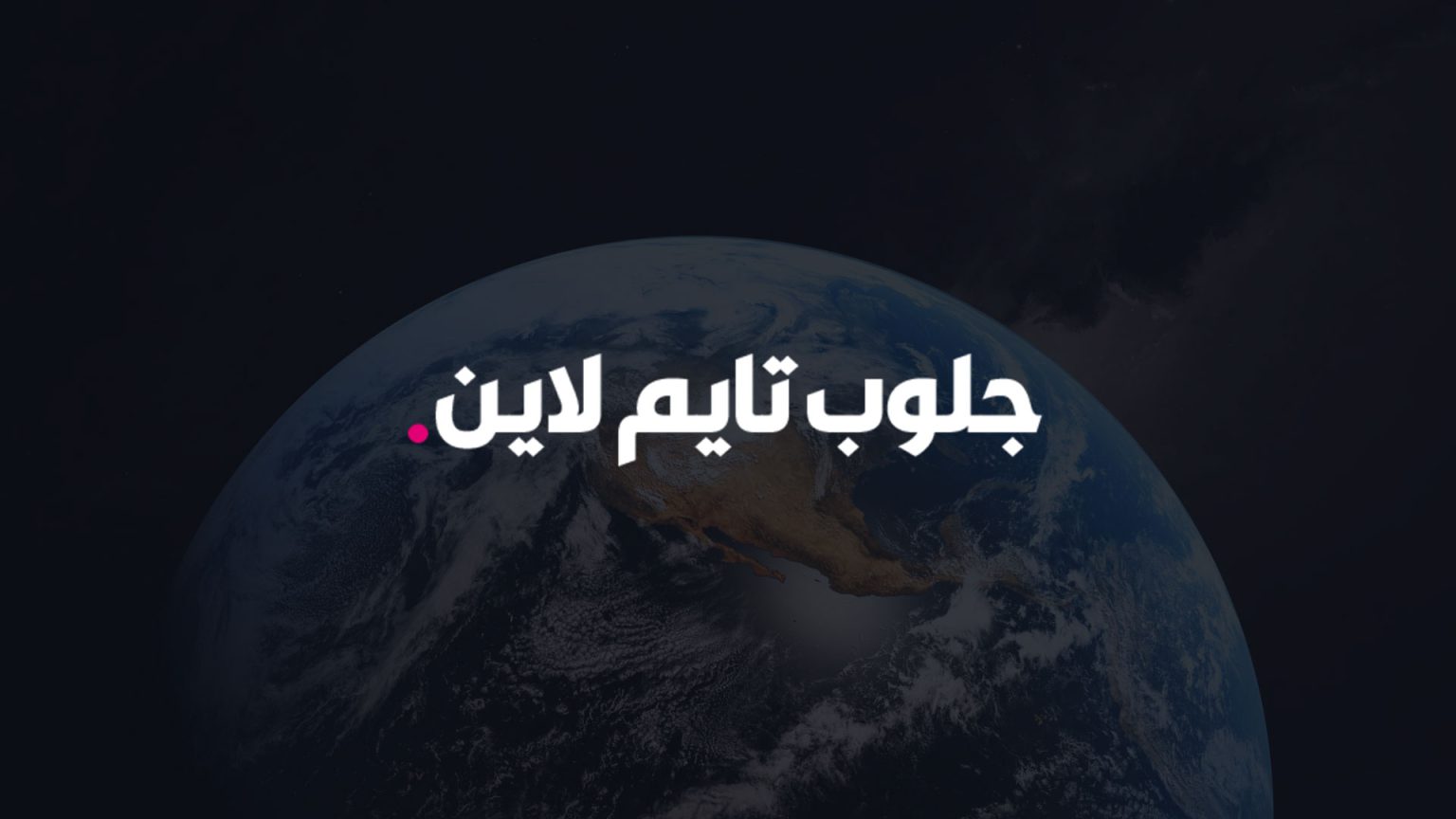Summarize this content to 2000 words in 6 paragraphs in Arabic Unlock the Editor’s Digest for freeRoula Khalaf, Editor of the FT, selects her favourite stories in this weekly newsletter.In the turmoil unleashed by Donald Trump’s return to power, Europeans should not lose sight of one striking feature of the tech oligarchs surrounding him: their naked demand that he gets the EU off their backs. However flattering — unlike many Europeans, they see the EU as a force to reckon with — this is also dangerous. Europe worries about being uncompetitive; it should worry about being subordinated.The task for all Europeans as they gather at the Paris artificial intelligence summit this week, and in their approach to the digital economy in general, is not to bring a knife to a gunfight. Two instincts that come naturally to European politicians should be avoided: a desire to avoid an economic war with the US as much as possible, in the vain hope of staying close to the status quo ante; and a desire to have what the US has, attempting to copy the particulars of its digital success rather than build what is best for Europe. Doing the latter requires the courage to imagine a different digital economy than the one now on offer, and the resolve to do what it takes to achieve it.In Davos last month, Spain’s Prime Minister Pedro Sánchez set an example when he accused social media companies of concentrating power and wealth in the hands of a few “at the expense of our social cohesion, our mental health and our democracies”. Call it Europe’s fentanyl: a social, health and civic crisis that must be addressed. It is also a security crisis. Elon Musk has built businesses in satellite communication, connected cars, social media, payments, neural-to-digital interface technology and artificial intelligence. Don’t ignore this very specific choice of sectors. Ask instead what could go wrong when they are all controlled by a person willing to intervene heavily in national politics.Sánchez wants the EU to do three things: require platforms to match every user account to an official ID (without losing public pseudonymity), open up their feed algorithms to check they aren’t breaking the law and hold executives personally accountable for breaches. This is the approach — using the law to stop harmful digital behaviour, once upon a time just called “governing” — that Europe pioneered with privacy legislation and its later big laws on digital markets, digital services and AI. It has abruptly fallen out of fashion.Unfashionable does not mean misguided. As the legal scholar Anu Bradford points out in a recent article, Europe’s innovation lag has more to do with market fragmentation, lack of risk capital and rigid labour rules than with how it regulates the products themselves. That is why the European Commission’s belated embrace of a “28th regime” of easy-to-navigate corporate, bankruptcy and labour law for innovative businesses anywhere in the EU can be a game-changer, if done right. Of course, regulation can impose costs. But as important is that it influences the kind of technology that is developed. New Oxford university research shows that European privacy rules tilted AI research towards data-saving techniques and away from the data-intensive deep learning. Until a few weeks ago, that would have looked like dooming Europe to lose the AI race. DeepSeek might have changed things. The bigger point is that there is not just one technology on offer. The same researchers suggest that European tech overcame the initial cost of privacy regulation precisely by evolving more privacy-compliant technologies.But to achieve a digital economy to their liking, European leaders need to do two more things. First, brace themselves for the consequences as Big Tech plays tough. This can range from punitive action from the Trump administration to withdrawing services. But, as recently demonstrated by Brazil (with X) and indeed the US itself (with TikTok), governments can actually shut down social media without the sky falling in. The EU may want to prepare itself for life without some of the most problematic services, just in case.Second, acquire the means to thrive without them. A forthcoming report led by Francesca Bria for Bertelsmann Stiftung is set to advocate a “EuroStack” — a comprehensive European alternative for all layers in the internet’s technological “stack”, from the raw materials and physical infrastructure to the cloud and software running the internet of things. This requires fixing the shortcomings that hold back investments in European tech at the moment, as well as regulatory change. But, above all, it requires a consensus that another digital world is possible: not just a copy, but an alternative to the current “stack” run by oligarchs around a US president who does not wish Europe well. martin.sandbu@ft.com
rewrite this title in Arabic The EU needs the courage to imagine a different digital economy
مقالات ذات صلة
مال واعمال
مواضيع رائجة
النشرة البريدية
اشترك للحصول على اخر الأخبار لحظة بلحظة الى بريدك الإلكتروني.
© 2025 جلوب تايم لاين. جميع الحقوق محفوظة.




